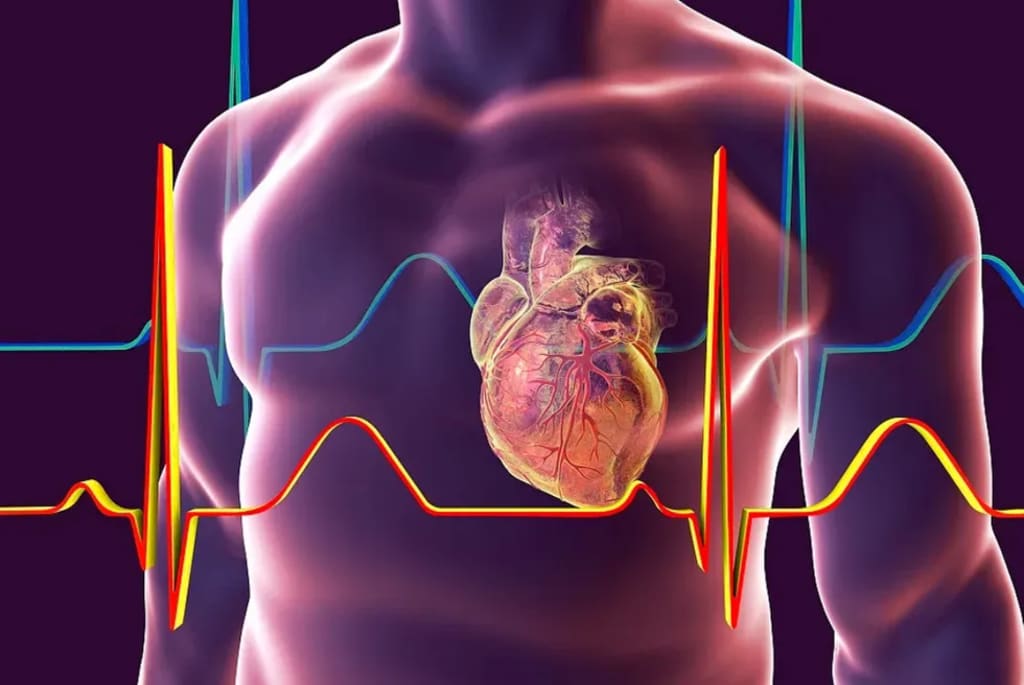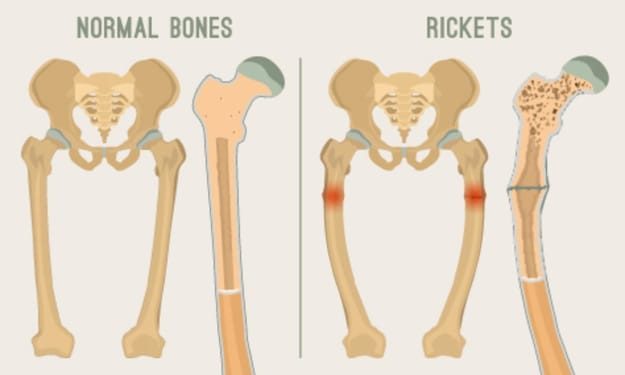Coronary Heart Disease: Symptoms, Risk Factors and Treatment
Coronary Heart Disease - An Overview

The blood supply to the heart is done by the coronary arteries. The oxygen-rich blood helps in the proper functioning of the heart. As there are two main coronary arteries located outside the heart, the one on the left supplies blood to the left ventricle and atrium while the right coronary artery is responsible for supplying blood to the right ventricle and atrium. However, if there is plaque accumulated in any of these arteries, then the blood flow to the heart can reduce significantly. It is responsible for narrowing the coronary arteries leading to several heart-related medical issues. Thus, patients suffering from high cholesterol should get regularly lipid profile test done from a reputed pathology lab in order to avoid life-threatening health problems.
Symptoms
As this disease takes years or even decades to develop in the heart, the patient might not experience any signs or symptoms. This is primarily because the plaque takes time to build-up in the coronary arteries. Once extensive damage has taken place, the patient starts exhibiting symptoms such as shortness of breath, chest pains, tightness in the middle part of the chest, etc. These indicators tend to be triggered by stress and anxiety in a lot of patients. Sharp pain that settles down after a few minutes is known as angina. The most severe symptom of coronary heart disease can be a heart attack. This occurs when the entire artery of the patient is blocked by the plaque. Sweating, chest pain, and fatigue are the most common indicators of a heart attack.
Causes
The main cause of coronary heart disease is a high level of cholesterol in the body. Fatty deposits that are made of cholesterol tend to form plaque in the coronary arteries resulting in partial or complete blockages. Besides this, patients suffering from high blood pressure are at a higher risk as well. Unhealthy lifestyle habits such as alcohol abuse and smoking are linked with coronary heart disease. Overweight individuals who do not lead an active life and tend to avoid exercising are at a greater risk than those who maintain an active lifestyle. Also, it has been observed that patients suffering from diabetes and insulin resistance develop blockages in their coronary arteries eventually. Family history plays a big role in this medical condition. So, if either or both parents have suffered from coronary heart disease, then the chances of the children suffering from it are very high.
Treatment
For proper diagnosis, a series of tests are prescribed to the patient. These include ECG, echocardiogram, exercise stress test, angiogram and cardiac CT scan. Once the extent of the damage is calculated, the cardiologist plans out the treatment. Lifestyle habits such as eating a healthy diet, exercising regularly, quitting smoking and drinking alcohol are recommended. Medications can be provided to regulate cholesterol, blood clotting, blood pressure, and chest pains. Surgical procedures such as angioplasty and stent placement are suggested for patients with severe blockages. In cases, where no other treatment plan works, coronary heart bypass surgery is required to allow proper blood flow to the heart by bypassing the blockage.
Patients suffering from chest pains and shortness of breath should get tested at the earliest. While searching for “diagnostic test near me”, choosing a pathology lab with positive reviews and accreditations is highly advised.





Comments
There are no comments for this story
Be the first to respond and start the conversation.